Free downloading and the Creative Process: Part One
 Monday, July 19, 2010 at 5:39PM
Monday, July 19, 2010 at 5:39PM It has now been just enough time since the release of Modulator that the free downloaders have ripped their files and are making the recording available for free. There are even some sites that make my entirely personal catalog available with one click! My life's work transmitted to you for free. Yikes. How would a plumber or a car mechanic feel about that??
There are many arguments in the debate regarding the goodness/e-vile-ness of this. Some have decent point and some are just plain uninformed and stupid. One of the silliest is that artists make all their money from touring and that is just the way it works nowadays. Not true. Touring and bringing money home is still extremely difficult, making it a dubious and crap way to support one's creative activities.
But rather than go through the arguments and give my take on them, I figure it more viable to present my current strategy: an appeal. Here is the letter I am posting on sites that make my work available with no compensation for my efforts. I am not presently asking these sites to take down the files, as it may be more useful in the big picture to get people thinking more broadly about the issue and its repercussions. Feel free to pass it on and, even, post on my(our) behalf if you come across new downloads. Though, of course, only if you are on board with it's premise.
------------------------
Thanks for your interest in my work. However, in order to continue to make new recordings I need to be able to:
1. Make a living off of my currents records
2. Be able to finance new projects
By putting up this link you are choosing to reduce the possibility of these two things happening. In a very real sense when people click this link, they are voting to send me to a day job working at Microsoft, Amazon, or Starbucks instead of putting my time, energy and money towards creating new pieces. (No offense meant to anyone here. These are great places to work and I have many friends at these companies. It’s just not my work. And, incidentally, these folks generally make double or triple of my take-home pay.)
I'd much rather you write about what you value in my work and send people to my own website to support the process of further creation.
I understand that ‘sharing’ my work is, in a way, an act of supporting it. Meaning that you are saying, “Hey, this stuff is cool. I think you should check it out.” And in a true sense you are extending its influence in the world. However you are only supporting this particular artifact of my work, while undermining the process that created the piece. For example, this recording of Modulator took over two years to make. If I can’t financially support the process, then the game is over.
I am, obviously, biased towards a culture that values the creative process. And by ‘creative process’ I don’t just mean ‘a lot of artistic noise.’ I mean a process whereby completely new and original ideas are brought into the world. For many, many reasons this process is precarious at it’s best, so why not help it along rather than undermine it?
I know that you must value these things, as well. Otherwise you would feel no reason to share the results that come from this type of work. I would just urge you to take a moment to extend your thinking into what makes beautiful, amazing, powerful pieces of music come into being in the first place. And then, maybe, ask “How can I help that to happen?”
Cheers,
Trey Gunn

 downloading
downloading 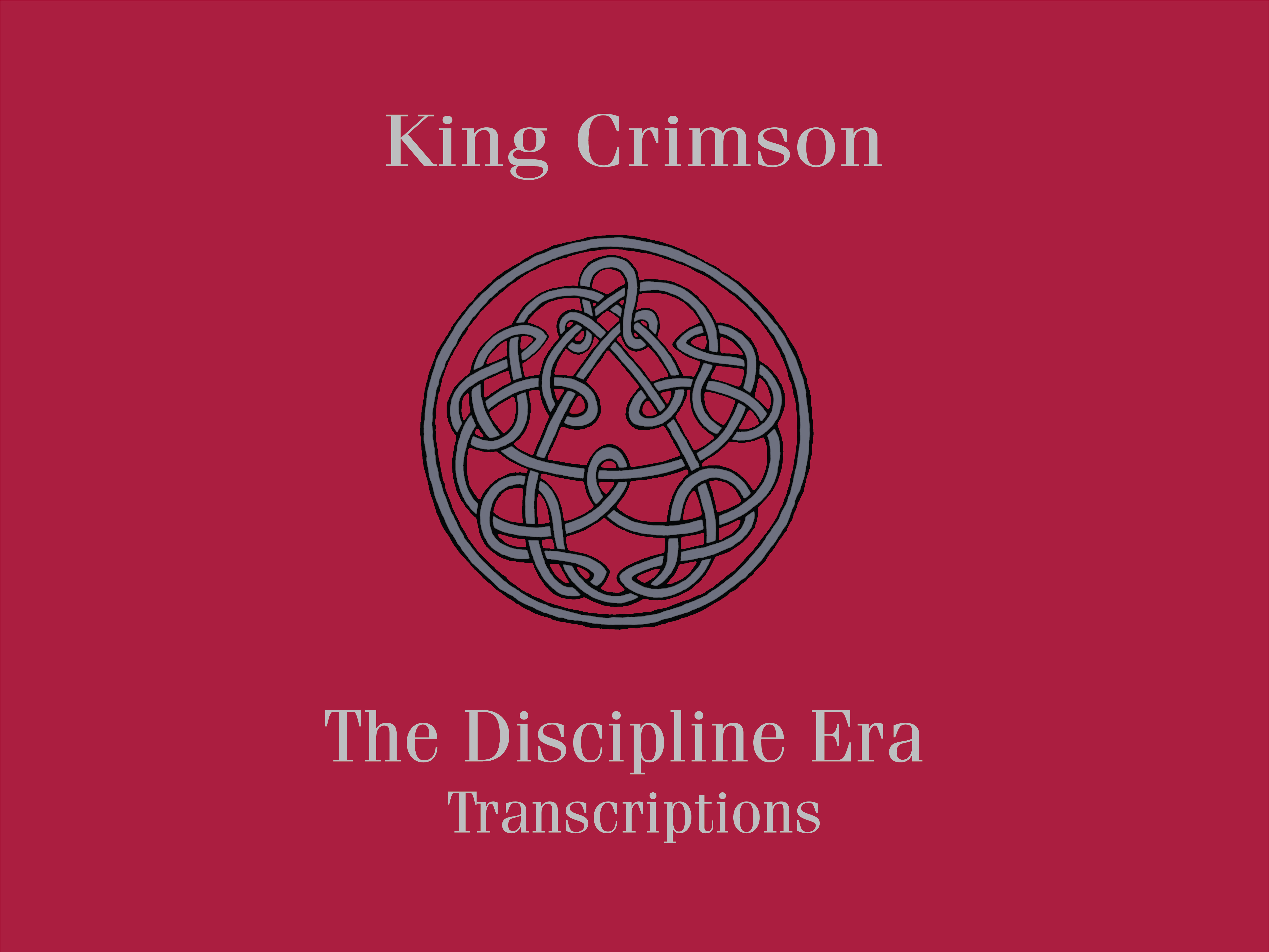
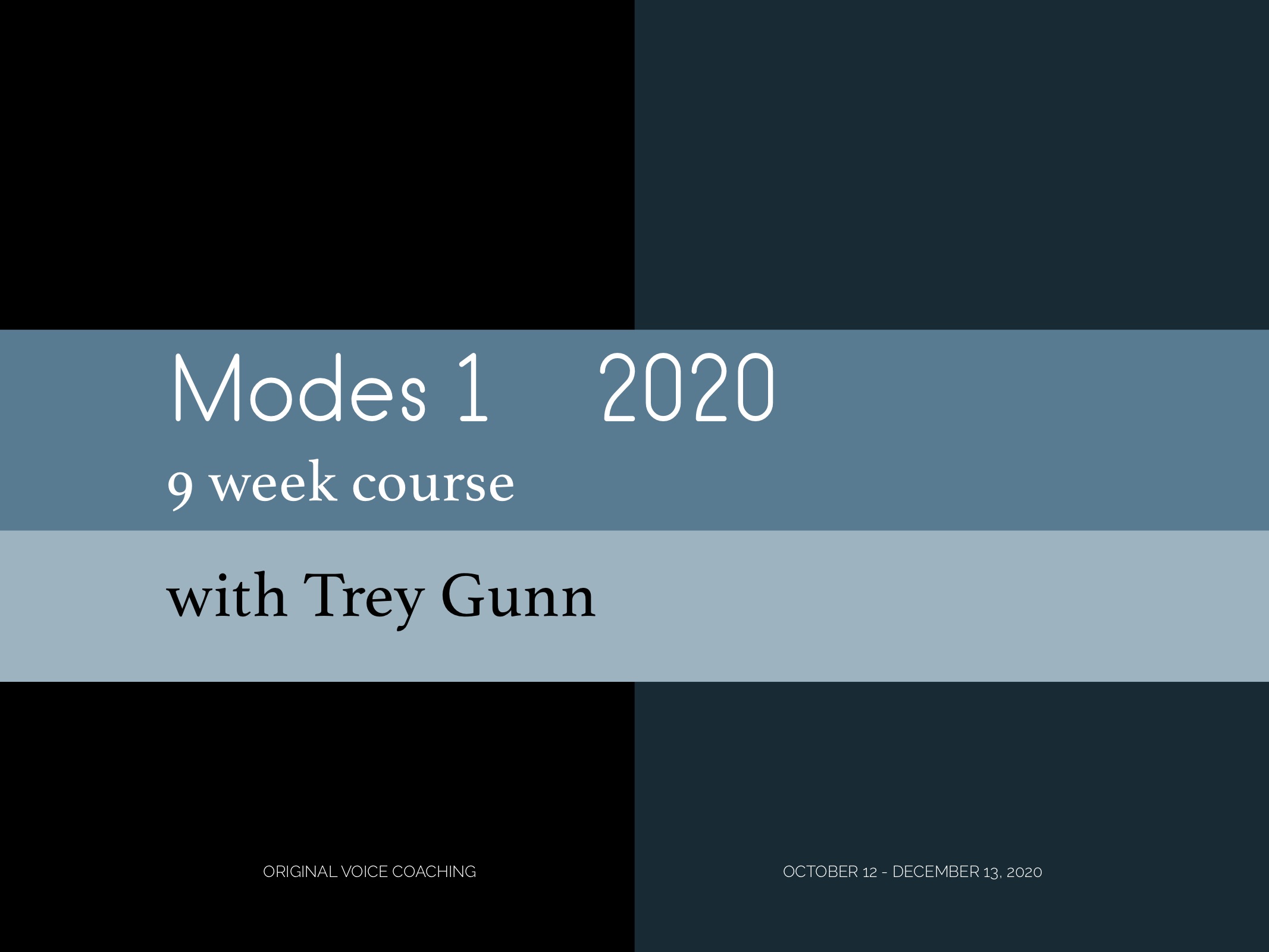

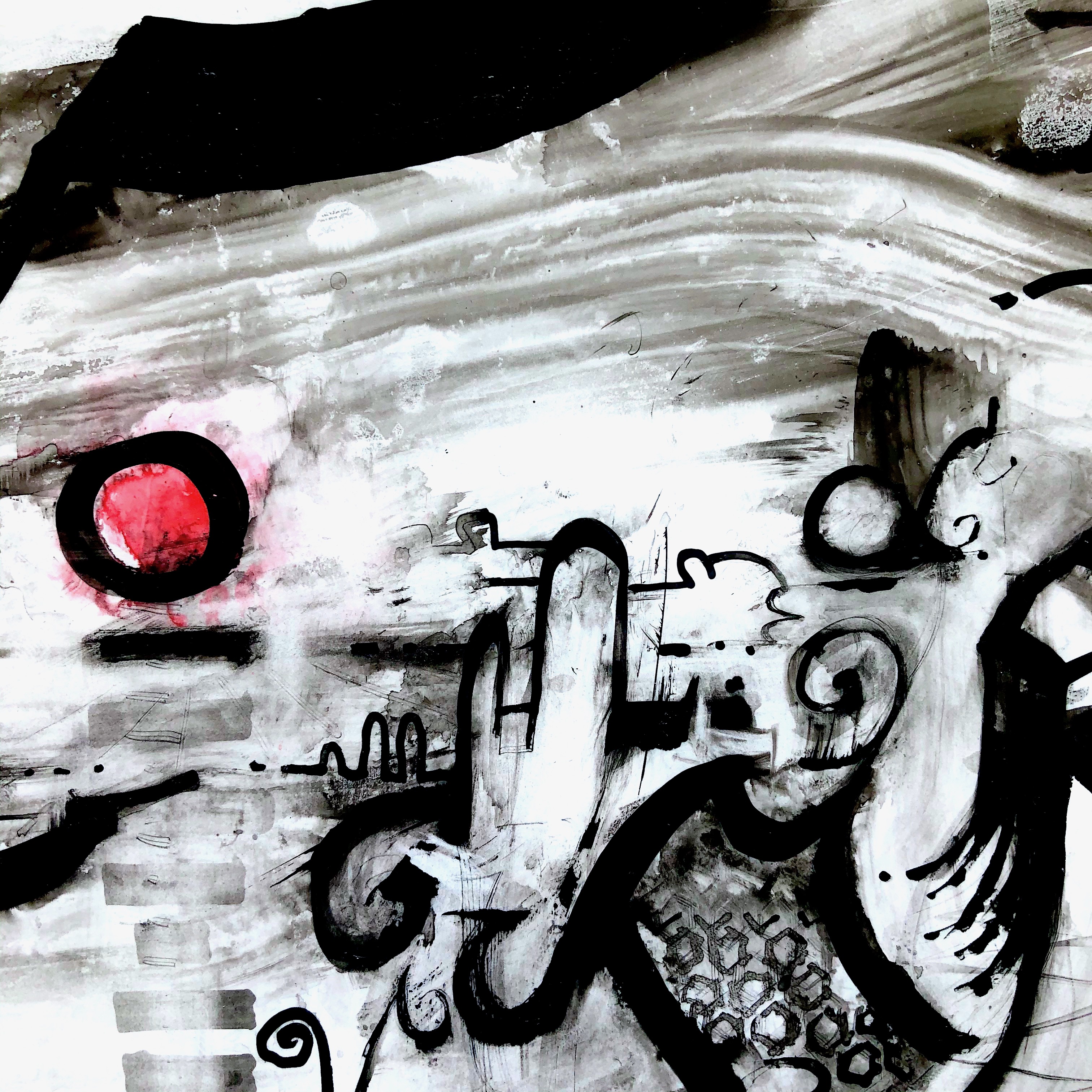
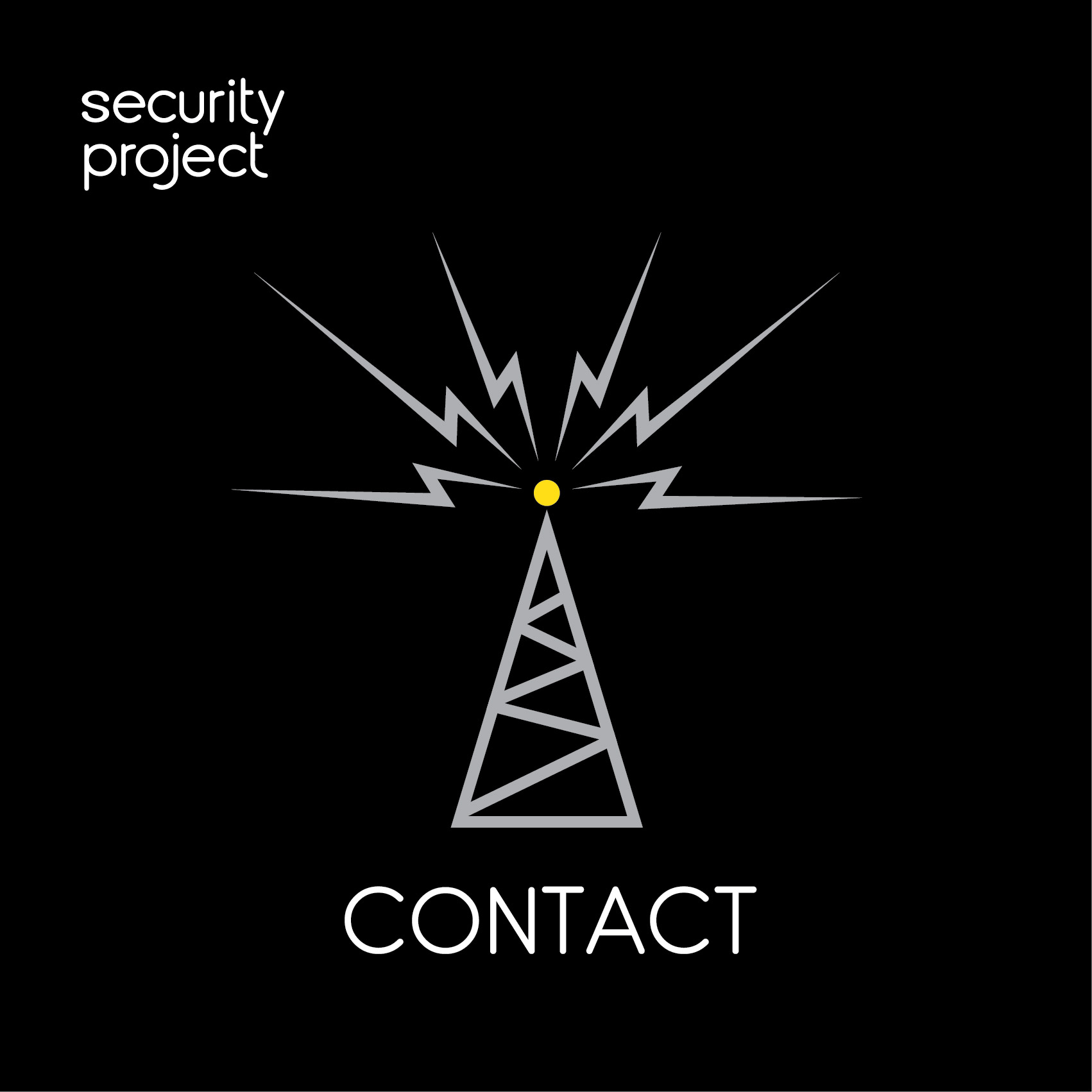
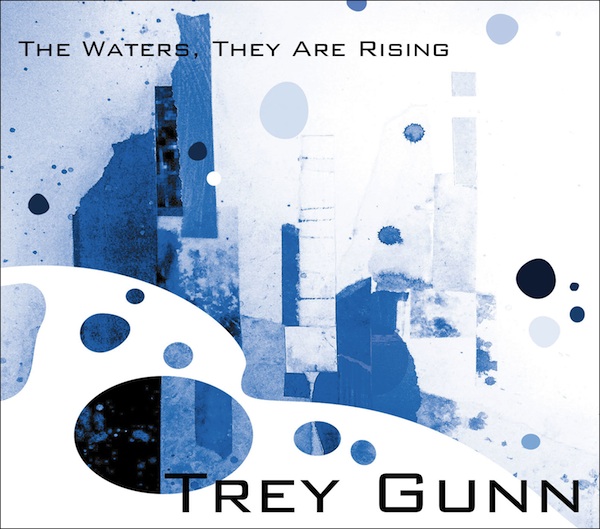
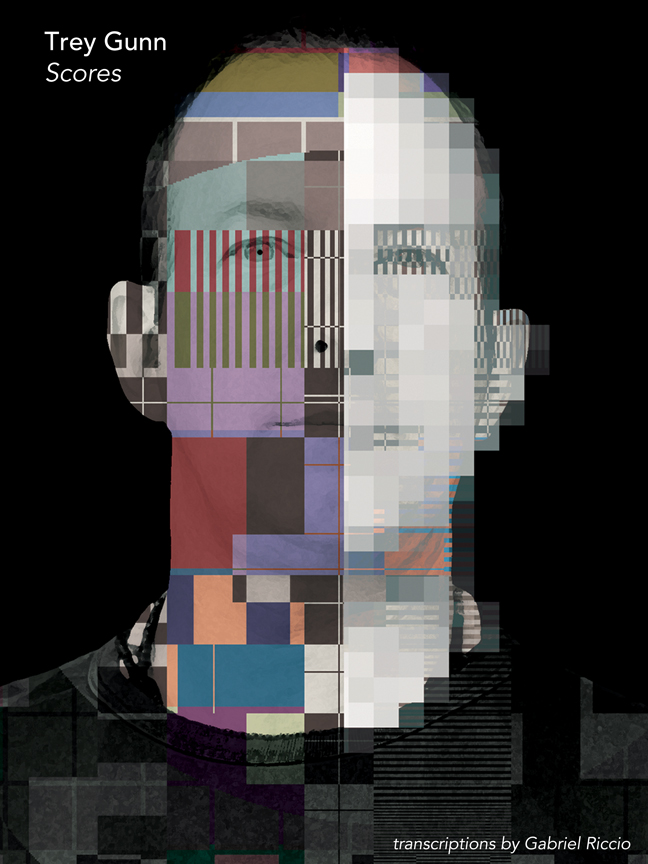
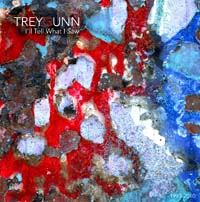
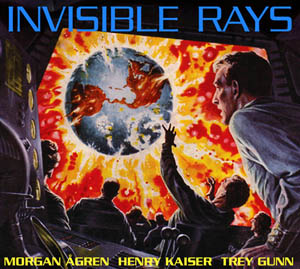
Reader Comments (58)
Some of the earlier comments suggested that it's not viable to think of musicianship (or artistry in general) as a profession anymore, and that it's better to characterise it as a hobby. The last few comments ask what can be done about the current situation, and make a few suggestions.
I don't think there's a one-size-fits-all model that fits everyone, because the musicians and listeners involved are too disparate in their opinions, expectations, requirements and appeal. But there are some broad ideas we can pursue.
Lateral thinking can get you a long way - for example, the band Marillion has had success during the past decade with getting their fans to pay for their latest album BEFORE it's been recorded rather than after. Although the finished album is then made available to all, those who subsidised its recording get special perks - limited edition packaging, bonus disc, tickets to a special concert, what have you.
This is a great idea, but it wouldn't necessarily work for every band or artist, so it would be presumptuous to suggest it as a panacea. Besides, it's not in itself sufficient to solve the problem - despite having pioneered this model, Marillion have recently been forced to put out an appeal similar to Trey's, saying 'guys, if the free downloading doesn't stop we're going to have trouble continuing to make music'.
I have SOME sympathy with the idea that music is a hobby rather than a profession. The only problem with that, though, is that I happen to like the music that Trey and Marillion and others have put out as professionals, and I'm not at all certain that they'd have been able to make the same music if they were semi-pros or amateurs.
After all, think of the time that goes into making this music (the 2+ years that Trey put into Modulator), the equipment used (musicians' gear doesn't come cheap at the best of times, much less innovative instruments like touch guitars) and the production standards (so that what you're listening to is presented in a clear and interesting way). I love thrashy punky grungy recordings and one-man acoustic troubadors as much as the next person, but it would be a tragedy if new music was restricted to those genres, just because the overheads involved in making those types of music are low.
It seems to me that the essence of Trey's appeal to us not to download his music without paying is as follows. Aside from the (very important) matter of feeling personal sympathy towards the artist and not wanting them to starve, the fact is that if current developments continue, we might not get any more music from them in future. And even if we do get more music from them in future, it might not be of the same standard, or with the same frequency, as the music they've made to date.
So what is to be done? Once upon a time, wealthy patrons subsidised music. During the past century, that model was largely (not entirely) supplanted by market mechanisms that remunerated musicians for both recordings and live performance. These market mechanisms required no goodwill, there were simply penalties for disregarding them (you pay your money for your album/concert or you risk getting nabbed for shoplifting/sneaking in). Now the market mechanism offers little or no guarantee of remuneration, and the musician is compelled to make a direct appeal to our goodwill.
If we find the musician's appeal compelling, how do we answer it? We answer it with our custom. And in a time when that custom can be easily circumvented without penalty, it seems to me that custom comes increasingly to resemble patronage - albeit patronage offered by the collective, rather than by the wealthy aristocrat of old.
Interesting to witness how this discussion has developed. Quite a few comments I knew would appear that wildly miss the mark thanks to the posters being part of the "everything should be free" mentality.
To expand a little on the live performance situation. True, once upon a time one could make a decent living from a regular gig, but the live industry has changed for the worse over the last ten years. What happened was a load of record label people got made redundant or fired, so they moved into the live music scene instead with calamitous results as they turned their hand to gig promotion.
This is the score for new bands coming into the world today in Britain. You form a band. You have to rehearse. This costs money. You try and write your own material and rehearse it. More money. Make a recording of it. Press up CD's. More money. To gig? This is where it gets nasty. In the past most bands had the chance to gig regularly locally to build up experience and a following. You could see the more determined bands 2 to 3 times a week playing different venues locally. Now? No chance. When you sign contracts to do a gig, they usually demand that you cannot play another gig within a 25 mile radius for 25 days before and 25 days after the contracted gig. If you break that clause, you are fined and banned from that agent.
These agents and venues also demand that you sell a silly amount of tickets beforehand. Failure to sell = no gig. If you decide not to perform you are fined the very amount they're expecting you to sell... so it's a no win situation. This is the "pay to play" con. If you are a new band you can only sell so many tickets to friends because nobody knows who you are. So you have to dig into your own pockets to make up the difference for the tickets you can't sell. Toss in transport costs, PA hire etc... you end up spending an absolute fortune before you even touch the stage. Only if you sell all your tickets will you be able to take a cut from the profits made by the gig but the promoters being the sly morons they are always concoct various excuses to make sure they don't pay you. On multi band bills, the promoters are making a killing because they don't pay anyone.
Oh, and did I mention that you are still expected to promote the gig yourself? The promoters will design a basic poster, but they expect you to print it out and paste them up. They won't. Extra time, expense and hassle. This is why so many gigs are unattended on tours... how can the artiste go about cities or towns pasting up posters when the promoters don't? Therefore it's now common to hear about a gig AFTER it has happened. I missed out on seeing many gigs thanks to this.
To make matters even worse, the venues themselves also charge high prices for hire. This is partly down to Unions or License fees. In Britain each venue has to pay a lump sum to the PRS each year. Failure to pay means they are not permitted to feature live or recorded music in their premises. This is partly why a great many pubs and clubs have shut down. Nobody wants to go to such places if there is no music! So, all the smaller guys have been bankrupted out of business leaving the bigger guys to form chain pubs a la MacDonalds to sweep in with generic venues that all look and feel the same.
Worse, if you sell any merchandise, you have to give the promoters and/or the venue a percentage! Now comes the rub. You might sell a handful of CD's. No way will monies raised begin to even cover the costs involved. And what usually happens? Within a week one person who bought the CD will rip it and slap it up on websites for free downloads. Once that happens, chances of selling more CD's becomes highly remote.
I've only skirted the outlines here. There is a lot more to all of this. I used to be lead singer in a local band 4 years ago. We could only afford to perform 4 gigs in the space of a year. By the time of the last of those gigs, we were destitute. After 20 years of being involved in music I grew angry and depressed and quit the band because worrying about how I was gonna pay my next set of bills let alone gig was destroying any creative energies and enthusiasm for the music. I experienced all I've outlined. It left the nastiest taste in my mouth. It is an unworkable and unfair environment.
When I then look at Trey's situation - and Adrian Belew recently made comments on his blog about how touring is getting more difficult - then the artiste is in a no win situation. Look at a Belew tour. Every venue will have it's own scam to rob him and his band. Chances of making profit on any gig is slim. But what about all the travelling? Accommodation? It all adds up. This is why ticket prices keep increasing... it is the only chance the artiste will have of making any kind of profit and even then it will be minimal. Yes, all the big guns - Madonna, Springsteen, U2 etc will always clean up and make profit but for more niche acts like Belew and Gunn... no chance of ever profiting.
THAT is the "reality" of being a musician in 2010. That is the climate and model one is expected to try and survive in in Britain. I'm sure it will be similar in the United States.
So touring costs tons of money. How does one pay for that when nobody buys CD's and downloads them for free? How does one pay to make new recordings and CD's? It has become a vicious circle that is reducing musicians to pauper levels.
I certainly feel your pain, Baz, but in the end it still comes down to market conditions, doesn't it? In decades past, people would go out to see bands *just because*. They would see bands they knew they liked, bands they'd only heard about, and bands they never knew existed. All club owners had to do was try to maintain a consistent level of quality, onstage and off, to keep patrons coming in. And they did. A bad Wednesday in many of the clubs of the past looked better than a decent Saturday in most of the ones I see that are still running bands. And weekends were packed with paying customers.
If the customers still did that, there'd be no problem. The consumers' habits have changed and, as detestable as those practices seem, they are merely the ways club owners have devised to try to keep themselves afloat.
I've been gigging almost every weekend around the Seattle area this summer. But most of the gigs are uncompensated and the ones that do pay actually pay less than when I played full-time years ago, and that's not adjusting for inflation, it's dollar numbers. I suppose I could be angry or disappointed about that but I have actually grown as a musician by accepting almost any project or one-off show or recording project that comes my way.
I just don't see any way that situation will improve any time soon. And, as I wrote before, I'm convinced that the current economic model for distribution cannot sustain itself. I look back at the '70s, when I was young and had the opportunity to make a living playing and traveling and I feel sorry for the young musicians today who don't have the chance to do that. It was a very good way to learn and grow, playing night after night for months on end, in front of live audiences who were exposed to lots of bands and expected you to bring it every time.
But, as Frank Zappa said, "It is not necessary to imagine the world ending in fire or ice. There are at least two other possibilities: One is nostalgia and the other is paperwork."
We all have to work with what we've got. IOW, you have to be happy with what you have to be happy with...
Speaking as a musician with a full time career, yes it is still possible to create music and work. It is slower, overall output suffers, and you wind up with more ideas than time to cultivate them. However- for a major artist and even a lot of minor ones, touring is the priority. How will my plumbing customers react if I'm out on the road for 4 weeks straight? Or the office job when I have to take off to play an industry show during 9-5 hours? Customers and bosses tend to be sticklers about that sort of thing. I have yet to convert a free download into a real fan or anything useful. I'm happy for Matt Stevens and others who have done so, but my experience is the opposite.
Nice to see the dialogue continue. It is a difficult situation, isn't it? I have a special perspective on Trey's original post, because, although I did not participate in his most recent recordings, I am in fact included as a fellow musician in some of his entire catalog. I think Trey's plea to potential downloaders is quite well put. I would add a little of my own analysis to the discussion. I am, in the end, a pragmatist. I believe that many grand forces of culture, technology, economics, and what we might call personal ethics, cannot be changed, no matter how many musicians or copyright holders band together. So let's then examine for a moment the situation that the world (and its grand forces) are in right now, and try to assess just what is and is not possible. It seems to me that the music consuming public can be divided into 3 basic categories, which are quite similar to how the 'electorate' is talked about during election cycles. Category 1: those who pay for the music they consume, whether out of habit, ethics, or a genuine desire to support the artists who make it. I think we can more or less not worry about these folks - they are doing the right thing, and all artists appreciate their support. 2: those who do not pay for music, whether out of habit, their own sense trying to 'spread the word', lack of knowledge of the ramifications of their actions, or just plain bad attitude. Sadly, i don't think we need to worry much about this group either. IMHO, it is most likely a waste of time and energy to try and change their ways. To be sure, the major labels have had some success using the drastic measure of suing members of this category left and right, and despite some missteps (like grandmothers and 8 year olds), this is probably not an altogether bad use of the major label's money, in as much as it discourages at least a few of the members of this category. But finally, we come to category 3, which, much like in politics, are the truly important group - the 'swing voters' as it were. Sometimes they pay, sometimes they don't pay. This is the group who's behavior, i believe, there is the most likelihood of altering. Some (of course not all) members of this group can potentially be 'swung' from their 'sometimes i pay, sometimes i don't' pay' stance, to an 'always pay' stance. Or they can be moved in that direction. Perhaps the members of this group can be taught to make their decision on whether to pay based on more information about the individual artists whose music they consume. Remember, I'm looking for a pragmatic approach here, as opposed to taking up an absolute position on the issue. Short of converting all category 3's to staunch category 1's, could it be that some of these category 3 folks could learn to differentiate between the Paul McCartney's of the world, and the Trey Gunn's of the world? Between those artists for whom monetary support will never again be an issue, and those for whom it will always be an issue, and to therefore spend their money accordingly? This then brings us to one of the bright spots in our discussion - the positive counterweight to all the difficulties brought to bear by this nutty, infinitely copy-able, easily share-able world we've created. The same communication/distribution system that is used to file-share (namely, the internet), can be used to make a direct, personal connection between the artist and the his/her listeners. And through this connection, the listeners can come to understand the importance of their role in the relationship, and its different levels: emotional, financial, and sometimes even creative. As others have said, it is a kind of patronage, but i think its actually more nuanced than that. Maybe its a kind of relationship that does not have an exact historical precedent. Its certainly more bi-directional than the most recent model of the late 20th century, and its more distributed than the patronage model of the centuries before that. So to summarize my point: the category 1's are already on board, we thank them for their continued support. Most likely, they understand their contribution to the relationship. and if they don't, well, we thank them anyway, and we hope they can come to understand it better. The category 2's, I think they're a lost cause. They don't pay for music now, and its unlikely that they ever will. The best we can hope for is that there is some free publicity to be gained from their actions, and that someday they will buy an (as yet) non-reproducible item, like a concert ticket or t-shirt. But the category 3's - that is where the most hope for change lies. How to best reach them, and 'swing' them over into this 2-way relationship with the artist? Well, there's lots of ideas out there. Trey is certainly doing his part. I think polite but firmly worded postings like the one he started this post with are one way. As are blogs in general, where the artist can make a direct connection with their listeners, but in a way that is not as abstract as music. I think Kickstarter is is great idea, as are all the 'give money to the artist to help fund the recording' methodologies out there. But I also think there are dozens of other possibiities - maybe some on this thread will chime in with their own ideas. And maybe that, in a nutshell, is one of the challenges we are pragmatically faced with today: how best for artists to reach out to those who want to appreciate their art; to connect with them on a personal level; to educate them if need be about how the process works; and to fully engage them in the process so the question of whether it is 'right' or 'wrong' to download, whether it is 'sharing' or 'stealing', can really be put aside once and for all.
2 extra points:
1)I do think its nice for an artist to offer some items for free, much like any other business would do. Live recordings, videos, b-sides, etc, are things that work well for this, because they reward people for their support, and potentially draw in new listeners, but they don't undermine the value of the body of the work.
2) Please, please, be wary of 'memes' that make their way out into the info-sphere that are 'true' only when applied to very select segments of a given group. There are so many examples of this around music, musicians, and the business therein. A popular one right now, that was already mentioned in this thread, is the notion that 'nowadays, the record is used to sell the live performance, while in the old days, the performance was used to sell the record'.
If i hear this statement from the mouth of one more otherwise reasonably intelligent NPR host, i think i'm going to puke. This statement can be proven true only when applied to artists at the very top of the pyramid, who in almost all cases have made enough money to never have to earn money ever again, as long as they don't blow their fortune on drugs and other foolishness. Why, exactly, do we even care about their finances? Its like saying 'ceo's at fortune 500 companies used to rely on huge bonuses, but nowadays they have to get their millions from large stock options packages'. What does this have to do with you and me, and the overwhelming majority of musicians in the world? Nothing. Touring is hard, it is expensive, and unless you are over a very high fame threshold, it is not very profitable, and often a money-loser. So the majority of artists in this world need all the revenue streams they can get. That is simply irrefutable. Beware the memes - like cockroaches, they are difficult to kill.
Trey: I am so with you on the chagrin, sadness, frustration, you feel with downloading piracy. After looking at the comments to your letter, and realizing that you along with your fellow Crimson members Belew and Fripp both have spent a great deal of time/money to get paid for past work, I believe your letter is a place to start. However, after your appeal, if you find that it hasn't been effective, I second the motion of going the legal route. We did something in my previous job where we had essentially a sunset period for conforming to certain regulations, then, when the sunset happened, the thing became illegal and legal action was pursued. We did get some initial, goodwill compliance, and requested that the big guns who chose to support such regulations act as a vanguard to those more resistant, and a trickle down effect occurred, as more people resigned themselves to following the rules before a legal action could be pursued. It was effective in that circumstance (legal action on those who chose to not follow the rules was exceedingly costly to them, in the millions). Going the legal route is always your option. You created it, you own it, you deserve to be paid for it. Its a drag to do. You might run your appeal by your legal counsel regardless, just to apprise him/her of your intentions.
The legal download from your site is not that costly and should not be construed as a prohibitive amount to purchasing. I believe that there is a different sort of person who downloads for free, which is not outlined in your comments above, that is, a person who just plain old doesn't care if the musician makes a dime or not. They don't care even if it is stealing, because the chances of them getting caught individually are slim. There is a lack of conscience of many people, not just youth, regarding posting, downloading, and file exchanging. It is so easy that most people, who would normally consider themselves honest, are not even thinking that it is wrong. These are people who could care less about the source from where they receive their youtube videos, torrents, wavfiles, and so on, just as long as they have them available. A few years ago found myself doing it, and really had to take a step back and question what I was doing, where the source of my playlists was coming from, and so on. I had to make some choices.
I chose to stop downloading for free, unless, the thing was really for free from a legitimate site. I still don't download too much (I am just too busy). I want to pay the musicians I enjoy listening to. If I can't pay for the music, then I don't solicit it from a free site.
A few years ago we needed to pay rent, so the vinyl collection was sold, and most of the Crimson catalog with it. I cried, but did what needed to be done. I still have only collected a few items back. Until such time that we can afford to purchase items we don't. I love your particular music, as a separate thing from Crimson, but at this point, I can't afford your CD, so I haven't heard it. It is the way things are. When I am ready to purchase it, then I can savor it.
So, Oswaldo, where ever you are, you too could be making the choice, to do without until you save up enough to have. Its an old fashioned concept that still works.
Its that simple. People have to be personally convinced that they are a contributing part of the problem and that individually they can be contributing to being a part of the solution. If one by one people started being more conscientious about where they receive their entertainments, we might see a sharp decline in online piracy. You might try a getting an online signature commitment to not pirate from you, your site, or from other sites for your music. When people sign, they do tend to look at something differently. It's a contract. People become a lot more responsible when they have a personal obligation to someone. Maybe a return is something you feel is a worthwhile thank you to those who sign your petitiion? Maybe not necessary to reward? Hmmm.
I could choose to stay pessimistic that these things just don't work, but sometimes they do, and its worth a go. You still have the law on your side if you choose to go the other way.
I don't get it. This is stealing period. There is no justification to allow it. All arguments about the causal down loader or probably wouldn't buy it any way is all BS. It should not be allowed period. If the artist wants to give samples of THEIR music away that should be there choice. This subject is not a 2 sided discussion and should have never been allowed to be one.
I agree the music industry screwed this one up with their greed and stupidity but it still does not give anyone the right to do it anyway.
Guess what, kids?
The *second* you turn a work into data, game over.
For all of the ostensibly high minded "It's the future!" bullsh*t, to most people computers are a magic candy box that dispense other people's work for free.
Data is not a product,. Viable products can't be losslessly reproduced in a basement and distributed for free. Products have weight and take up space. Don't believe me? Try going to a record shop - if there are any left - and grabbing a handful of CDs and telling the clerk "information should be free". Try it at the library with a couple of copies of Neal Stephenson.
When you can download a washing machine, I'll give a sh*t about the free information "ethos".
Cause for all the posturing and "No, you're all just Luddites" spew - freeloaders are a pack of spoiled, whiny pansies ripping off things they don't have the time, talent, ability or environment to create. Until recorded music has a necessary 1:1 owner / user ratio, quality, motivation and the economic viability of production will continue to slide down the ladder.
"Pick me up at 9:00" is information.
Music is an expression of the human condition and if you really think that a cracked copy of Cubase and a $69.00 microphone are all you need to create it, rotsa ruck with your brave new world. I got a funny feeling it's gonna suck to high heaven. The musical community is piss tired of funding your sense of entitlement, kids and once you're done screwing the pooch, if we gotta get day jobs, I'll be damned if I'm gonna bust my ass on a hobby that keeps you in free music.
It's not a revolution. It's a pack of looters and all the windows in town have been shattered for them
Oh, by the way, all your little talking points that are supposed to validate ripping off other people's hard work - just because you CAN - sounds like a bunch of whiny kids getting their stories straight after they get caught pulling shenanigans behind the garage. Did you know?
A very important subject for me who is just starting my own independent label!
I've downloaded some stuff for free... to end up buying it because the quality was bad. That was earlier on when internet connections were not as fast as they are now. Today I download but pay for the music. It does bother me when I see sites that provide 192K or 225K MP3s.... why not provide the best quality? Sites like bleep.com, crammed discs have started providing wav file quality for a bit more money.
I'm also bothered when I see sites like iTunes overpricing downloads... $10 or more for an MP3 album is, I consider, a rip off. Now for a wav file download, I think that's very decent. Same thing when I see a CD at $15 plus shipping... That makes me a bit mad.
But it is a dilema to provide your/my/any music as downloads and then people give it for free. Why would one spend the money and then give it to everyone for free? I'm not sure.
So what can an artist do? My simple answer is: keep trying. I have my day job and... my music. Because of my day job, I have very little time for music. Without a day job I could produce much more and much better. So I struggle as a musician and do worry that what I do will be given away for free. And why? Here are my expenses to create an album (maybe that will help make people understand that there is cost involved): spending money on equipment (gear AND software), spending considerable time in creating, writing, performing, recording, arranging, mixing an album, mastering, artwork and design, CD duplication and... distribution (including having a website!) All in all it's a very expensive proposition even if I save in not having to go into a professional studio to do my recordings (I do them in MY professional Living Room!)
I provide some music for free so people can listen to what I do and push it around. I ask for donations (it works sometimes...) and then I have albums available to buy as downloads. But eventually I may find myself in the same situation as Trey where my stuff is just available everywhere for free.
I like the catch phrase for www.cd1d.com and www.jarringeffects.net, two independent units in France: "to download means to discover, to buy means to support".
Anyway not really an answer but just some thoughts!
I listen to your fabulous work on Spotify. (Only available in some countries) I pay for the premium version. You can also get a free to use version with adverts. As streamed music becomes the norm, there really is no excuse to get illegal downloads.
I take it Trey, you get a fee, payment or whatever from Spotify?
Regards and thanks for the music.
Robert Fripp mentioned in his diary that neither he nor Adrian Belew have made a dime off of the The ConstruKction of Light album that was released ten years ago...
Point being there needs to be some sort of system that allows the artist to get paid no matter how the files are accessed since apparently relying on the record company to pay you doesn't work either...
Orgillian,
No that isn't correct. Adrian said that on his website. Robert corrected him on his.
Hi,
I would just like to say that i can see your point of view and can sympathize with your desire to earn a living using copyright, but personally i consider copyright to be theft. you wish to be able to take away my ability to use my legally acquired property to it's full potential in order that you can make a living providing something to me that i could easily do myself IE: make copies of digitally released information. In order to do this you want to also retain complete control over something you have "sold" to a paying customer. i am not against you earning a living making music in the slightest, more power to you if you can manage it, in fact it would be better for everyone. i simply don't think you should be able to hold hostage certain uses of all of my personal property in order to do so. I personally believe that new business models that don't rely on copyright are the way ahead, potentially things like this:
http://www.kickstarter.com/projects/pioneeronetv/pioneer-one-pilot-episode-for-dramatic-series
Instead of trying to provide me with something the i can provide myself (copies of a creation) why not sell the creation itself?
Adam
P.S
I don't fileshare. but only because of the law. as unjust as i consider it, i will obey it. but i look forward to a future where it is not just the norm but legal as well. with computers and the internet (and without copyright) we could have a global public library unrivalled in history and the human race could reap incalculable benefits.
Right on Trey,
I like the way you're thinking!
FINALLY someone with an audience dares to speak up!
You might like this: www.fff-fighters.com "Support The Art You Like"
To everyone out there: There is NO excuse for just taking stuff online. Especially if you RESPECT the artist.
HOW can you sit there and listen to the music - the person that you obviously admire created - after having stolen it from him? That just never made any sense to me....
Support the art you like or it will fade away....and what then?
"My personal belief is that musicians should quit belly-aching and get a proper job to pay the bills and do their music as a hobby. Of course, this offends a lot of musicians because they have the arrogance that comes with artistry believe that common-or-garden work is beyond them or would get in the way of their "art". Try it, it might work - I mean the world will always need plumbers and you can't digitally copy that!
Don't worry about the musicians, folks - Starbucks is a'calling!!!"
@Darren... I'm a musician who is offended by your comment. Do you know why?
Since I was 14 years old, I've practiced guitar for 6 hours a day, piano and bass on top of that.
Throughout high school, I worked part-time to finance my local band.
When I graduated from high school, I went off to college and spent nearly $50,000 on my music degree alone.
And you're telling me to "quit belly-aching and get a proper job" when I get frusterated when people steal my music?
Back 10 years ago, when the industry was much more "free-market" then it is now, if I heard a musician complain about not making a living, I would've agreed with you. See, back then musicians were actually able to make a living working a proper job: music. It's crazy, but musicians do work... hours of practice and rehearsal a day, and hours of performance a day... in fact, many music-related jobs, such as session musicians, producers, recording engineers, A&R, show performers, etc do work some version of a 9-5 job. If a musician couldn't make ends meet, it was because there wasn't a demand for them.
Now, if a musician can't make ends meet, its not because a lack of demand (in fact, demand for music has skyrocketed since the invention of the internet).... but rather because their product is BEING STOLEN. It's now ok for you to take away my livelihood because you feel I don't work hard enough?
I will not speak of morality and ethics here as that has certainly been done in almost every previous comment. What I will speak of is economy.
Here we go. Copying a digital anything is not the same as stealing. (Please read my explanation before flaming.) If I steal a car, food or other tangible good then the original is in my possession. This is not copying. This is stealing. Everyone knows this. What most people fail to bend their minds around is that when something is copied, the original is still retained where it originated. (Again, I am not pointing out whether this is morally right or wrong.) When something is copied, there exists the copy and the original. The original is not in possession of the copier. The copy is. People like to compare copying digital works to stealing physical goods. These are two totally separate things.
Simply put: If I walk into a grocery store, take a sandwich and walk out without paying, this is stealing. If I walk into a grocery store, analyze a sandwich, walk out without the sandwich, go home and recreate the sandwich, I have stolen nothing. This is how digital copying works. The original stays where it is while the copy is placed wherever it is instructed. I have experience in programming. This is how 1's and 0's work. Digital copying does not destroy nor move the original. It copies. Hence the word copy.
Comparing digital goods to physical goods is pointless, the exception being to confuse. Copying is not stealing.
hi
i download music from a group called lossless legs shnflac.net or the live music archive at archive.org. both of these allow and encourage live music recordings to be downloaded or shared by bit torrent. this is not piracy. this is done only for musicians that allow it. there are many lifetimes of music there to listen to.
i don't fall into any of the predigested catagories you list.
i buy some music, i go to shows, i share live recordings.
i reject your catagorizations but love your music.
out